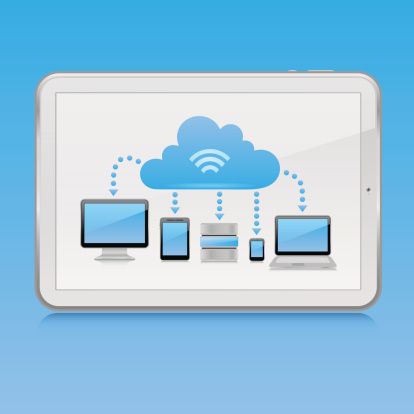By Matt Smith
Choosing the right storage solution for your business might seem overwhelming. With so many options on the market, how do you know which one is right for your company?
Start by analyzing how much storage capacity your business needs. There are solutions on the market that offer everything from 8 GB to virtually limitless capacities. From there, it should be easier to narrow down which type of solution will be best for you.
Flash drives
Flash drives are able to store around 8GB – 256 GB of data. These lightweight, portable devices are great for mobile professionals and for small businesses looking to supplement more robust storage solutions. These also require little to no maintenance as they have no moving parts, and consume very little power. The big disadvantage to flash drives would be they have limited storage capacities. So, if you’re looking to store big data, this solution is not for you.
External hard drives
External hard drives are suited to store 128GB – 25TB of data. External hard drives are also inexpensive, and simple to connect and use. Businesses looking for an easy storage fix when their PC space is running low will find these devices are the perfect solution. The big disadvantage of external hard drives is that data may become segregated and orphaned, little protection in case of natural disasters
Network-attached storage (NAS)
NAS solutions are capable of holding 500GB – 100TB of data. While this solution is not as robust as in-house server storage, it is an inexpensive option that boasts network shareability, data redundancy, and user access control features. Small- and medium-sized businesses that need a large amount of economical storage space for multiple users over a network will find this solution is just right for their needs.
Small business servers/in-house datacenter
Small business servers and in house datacenters are able to hold various amounts of data. The exact amount is dependent on the number of servers in the location. Some advantages to this solution include scalability, security, and remote accessibility. Businesses that need large amounts of data stored in-house or businesses that require specific shares or configurations for your applications will greatly benefit from this solution. This solution can be more complicated to set up and run than other solutions, however.
Cloud storage
Cloud storage solutions can hold endless amounts of data. Both large and small businesses can benefit, as long as steps (like encryption) are taken to protect data. Cloud storage makes it easy to share, access, and edit data. These solutions are also flexible and you are able to pay only for what you need. The problem with cloud storage solutions is there is always a possibility of loss of full data control.
What storage solutions are you utilizing for your company? Tell us in the comments below.
Matt Smith works for Dell and has a passion for learning and writing about technology. Outside of work he enjoys entrepreneurship, being with his family, and the outdoors.








